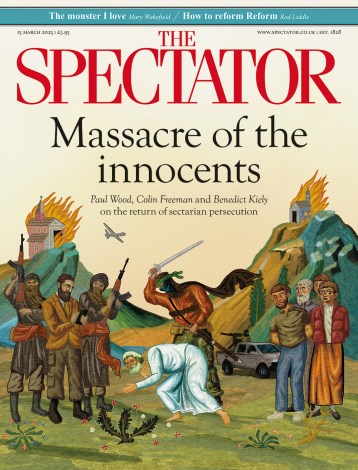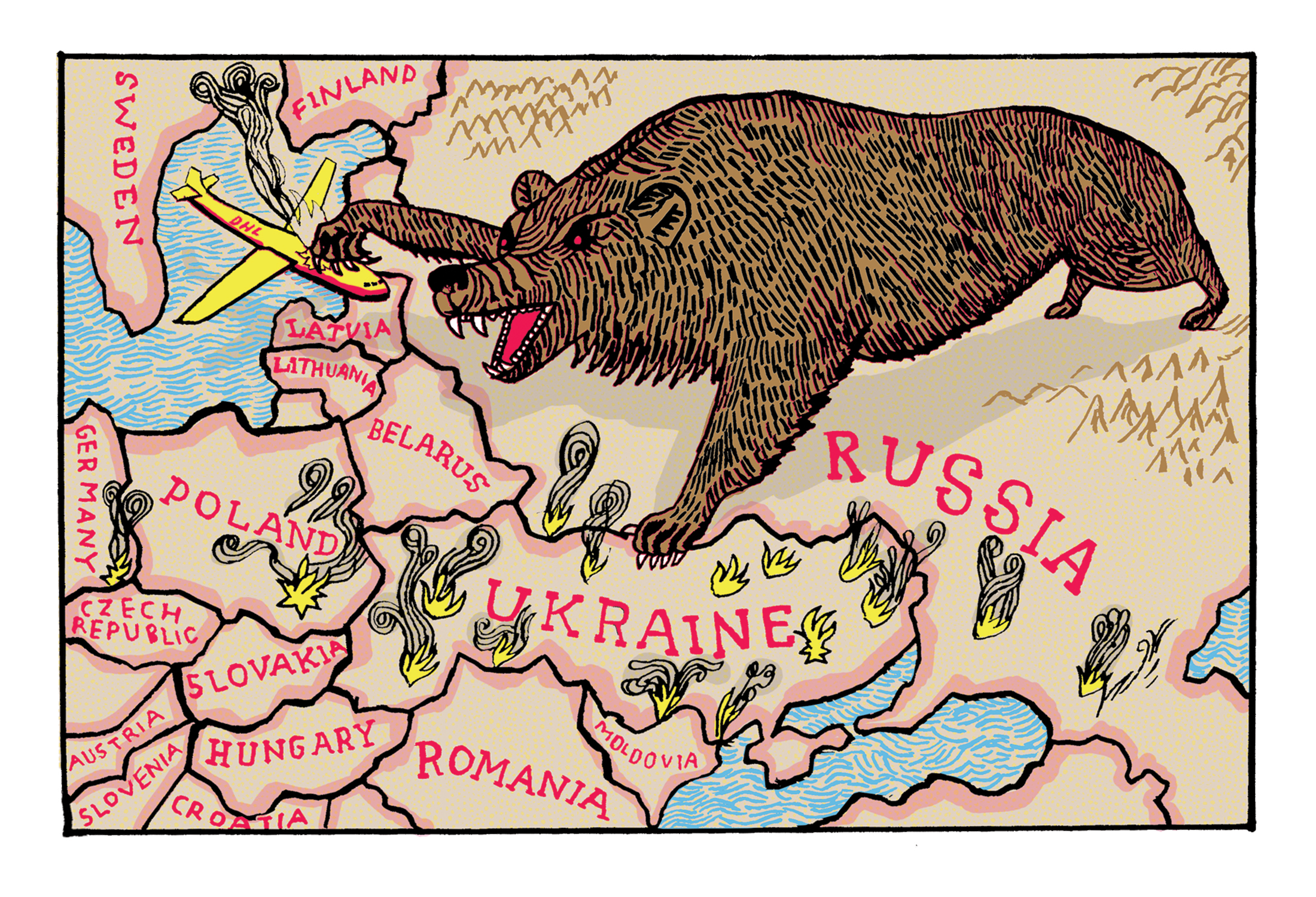Mark Galeotti has narrated this article for you to listen to.
When a DHL cargo plane crashed while approaching Vilnius airport on Monday, killing one of the crew, it looked like technical failure, but given that Russia was believed to be behind a series of incendiary devices which ignited on DHL flights and in warehouses this summer, inevitably many feared Moscow’s hand. The suspicion is likely to be the point. In the past year, the Russians have stepped up their disruptive activities in Europe, from cyber-attacks to assassinations, with the apparent aim of generating chaos and a climate of fear as much as anything else.
Russia has outsourced its activity to a motley array of ‘patriotic hackers’ and outright cyber-criminals
In February, a Russian defector was gunned down in Spain, in what seems to have been a hit commissioned by Moscow but carried out by gangsters. In March, petty criminals hired by the GU, Russia’s military intelligence, torched Ukrainian-owned warehouses in Leyton, east London.

Get Britain's best politics newsletters
Register to get The Spectator's insight and opinion straight to your inbox. You can then read two free articles each week.
Already a subscriber? Log in








Comments
Join the debate for just $5 for 3 months
Be part of the conversation with other Spectator readers by getting your first three months for $5.
UNLOCK ACCESS Just $5 for 3 monthsAlready a subscriber? Log in